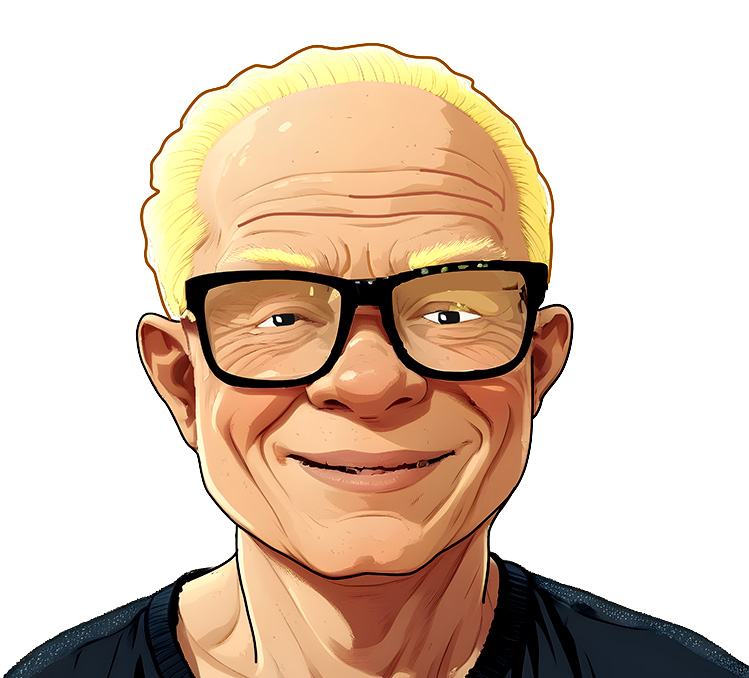
Albinism Without Borders: A Unified Fight Against Skin Cancer
JOSELITO’S JOURNEY AS A PERSON WITH ALBINISM
Listen to the audio version of Joselito’s story (In Portuguese)
My name is Joselito Pereira da Luz, and I come from the vibrant city of San Antonio de Jesus in Bahia, Brazil. I want to share my journey as a person with albinism living in a world that seems increasingly hostile due to increasing exposure to ultraviolet (UV) rays associated with climate change. My life has been a tapestry woven with the threads of resilience, community, and advocacy, stitched together by the painful yet transformative experiences I have faced.
As an Afro-Brazilian man, I have always found strength in my identity and community. I belong to the movement of people with albinism and the broader movement for the rights of people with disabilities. This intersection of identities informs my perspective and fuels my passion for change. I am a proud member of APALBA, the Association of People with Albinism in Bahia, an organization dedicated to defending the rights of our community. Together, we aim to address the social issues faced by individuals with albinism and work toward public policies that include us.
The journey has not been without its challenges. I remember my own childhood, a time when I didn’t even know I had albinism. I grew up without access to information or protective gear, and I often felt inferior because of my condition. It was only through discovering the collective power of advocacy that I began to embrace my identity. I was inspired by Dr. Shirley Cristina Moreira, a dermatologist whose compassion sparked the creation of APALBA. Her vision and dedication motivated me to engage in a fight for our rights, for a future where children with albinism can grow up with dignity and support.
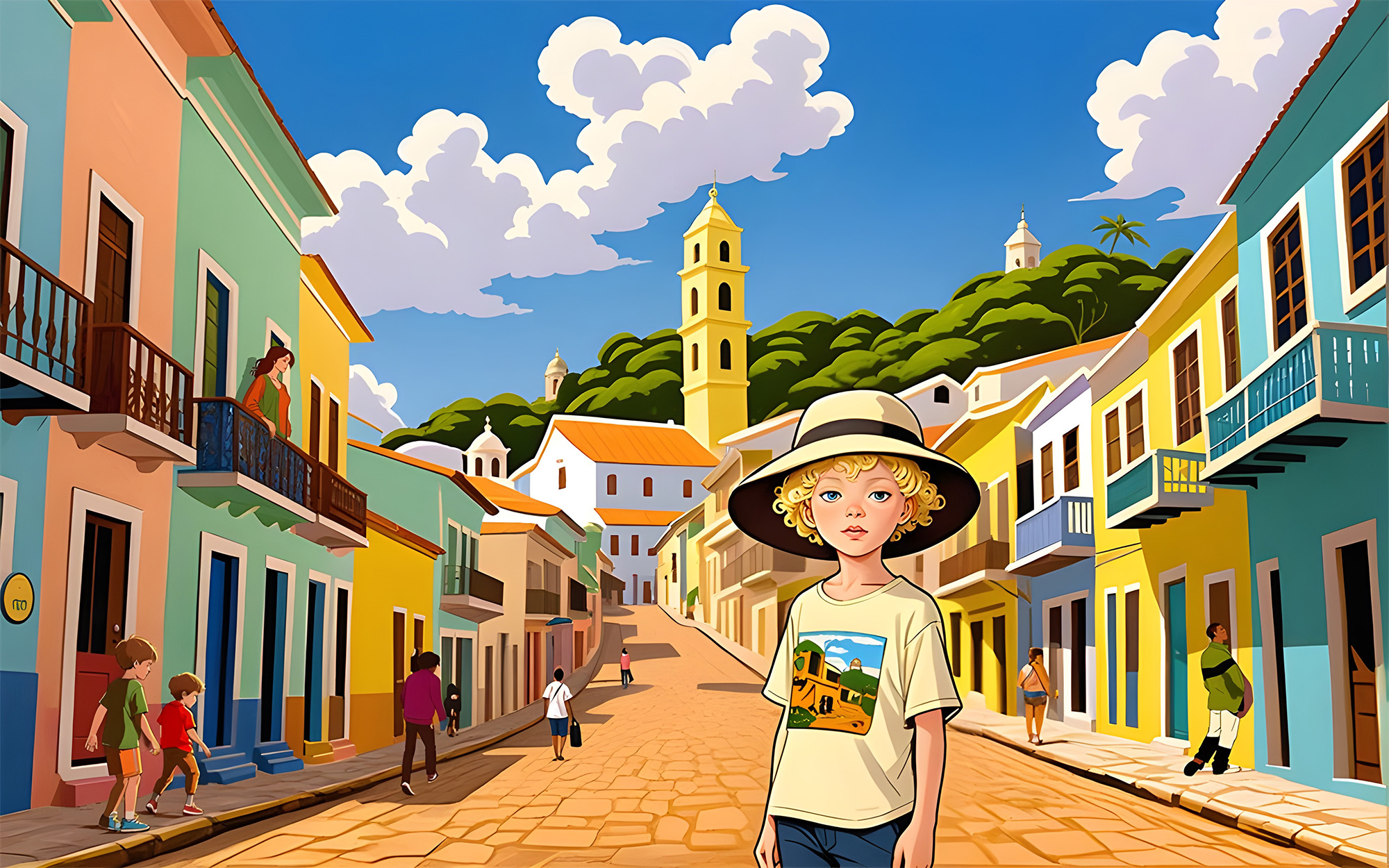
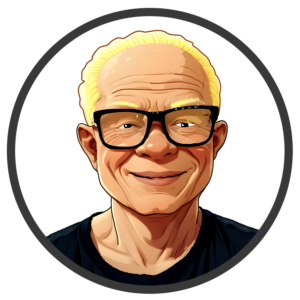
I remember my own childhood, a time when I didn’t even know I had albinism. I grew up without access to information or protective gear, and I often felt inferior because of my condition.
Brazil is a country characterized by its extreme heat, and as pollution and consequently UV exposure worsens, individuals like me are left vulnerable.
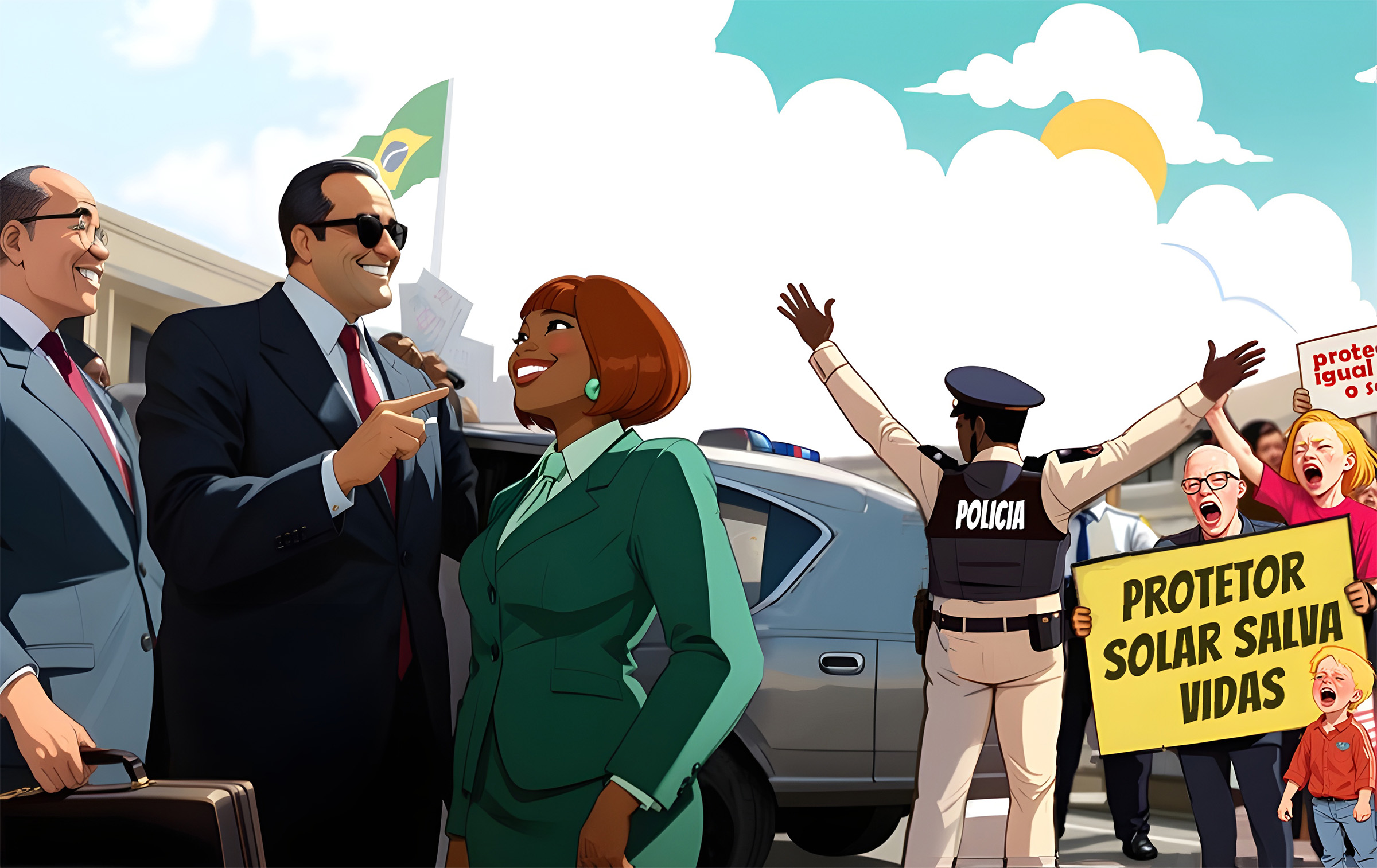

The lack of adequate state action to ensure our safety in this regard is disheartening.
Over the years, I have noticed a gradual yet undeniable change in my environment. The summers are hotter, the sun more relentless, and the consequences of these changes have begun to affect my life profoundly. My participation in social events has diminished; I have retreated into the shadows, limiting my interactions with the world. There was a time when I could enjoy the sun, but now it feels like being trapped in a boiler where UV rays are trapped and intensified. The joy of being outdoors is overshadowed by a constant need to protect myself from the sun’s harmful rays.
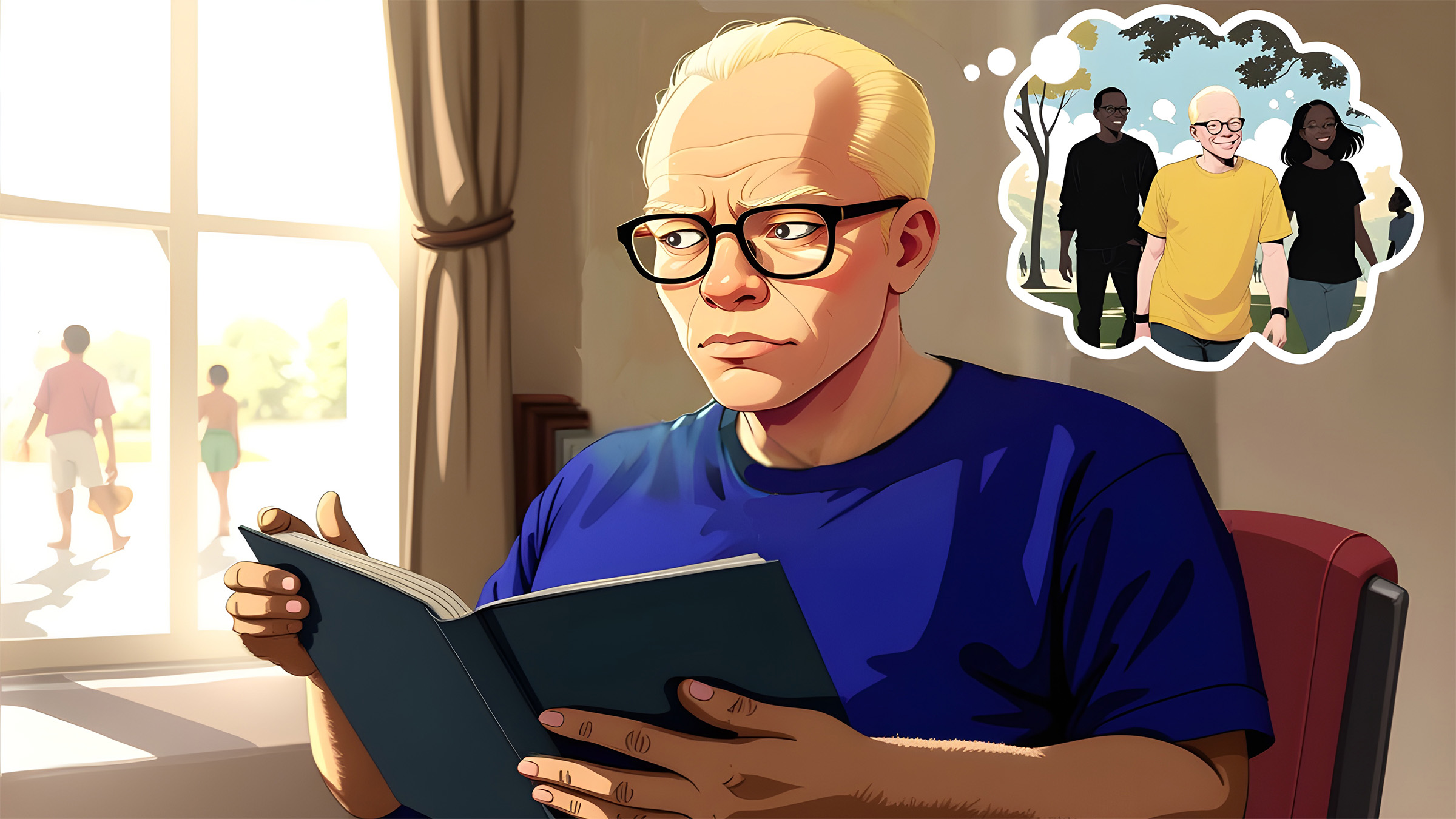

For people with albinism, earning a living, on top of the multiple socio-economic barriers, means facing the direct effects of climate change every day. We are forced to go outside, to work, to fight for a dignified life, to venture out just to survive. Yet, every day spent outdoors is a dangerous gamble.
My daily routine has transformed into a series of precautions. I wear protective clothing, slather on sunscreen, and shield my face with a hat and umbrella whenever I venture out. The financial, physical and emotional toll of these measures has been significant. I have experienced a surge in pre-malignant and malignant skin lesions, necessitating frequent visits to specialists. These visits come with a financial burden that weighs heavily on my already constrained budget.
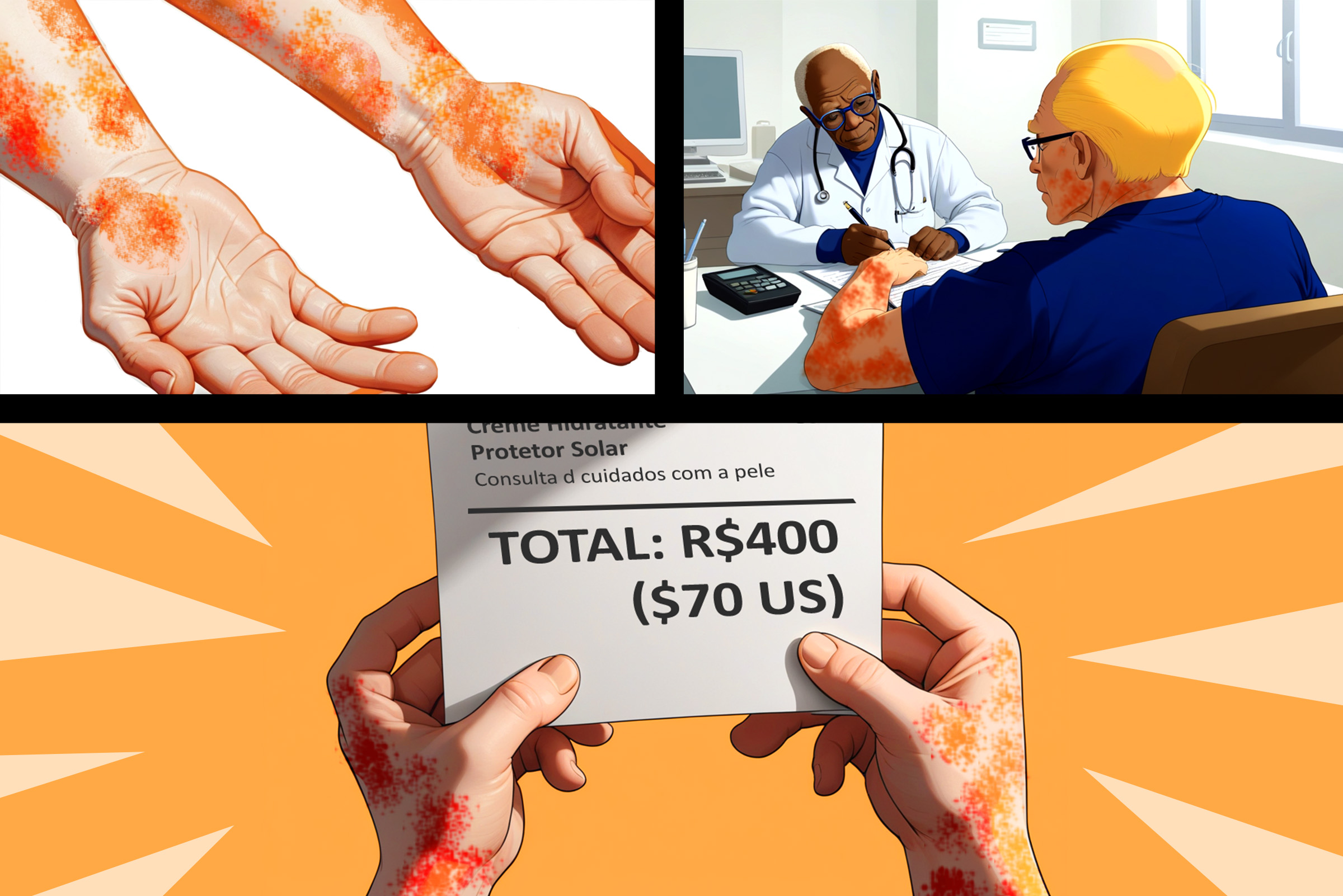

I find myself spending more on sunscreen and skin cancer prevention treatment, all while grappling with the reality that many in my community are unaware of the dangers posed by climate change and UV exposure.
In my neighborhood of Brotas, where middle-class and working-class communities intersect, the topic of UV exposure risk is rarely discussed. Most people are oblivious to the unique vulnerabilities faced by those of us with albinism. Often, I feel a sense of isolation, as if I am navigating this challenge alone. However, I have made it my mission to change this narrative. Through APALBA and the National Collective of People with Albinism (CNPA), we have taken steps to raise awareness and advocate for our community and people with albinism nationally.
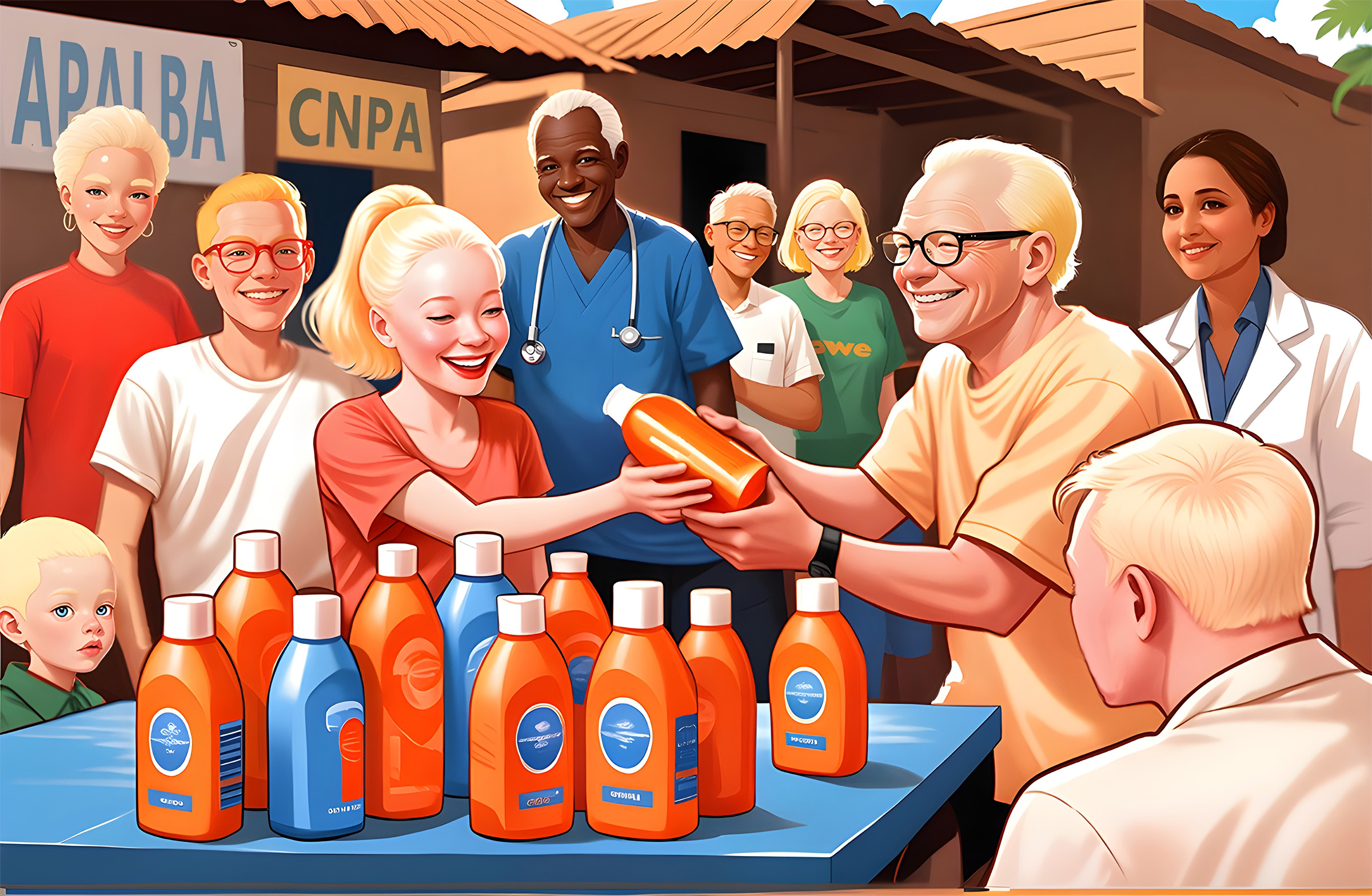

One of the proudest moments of my advocacy journey was collaborating with a pharmaceutical laboratory to distribute sunscreen to approximately 500 people with albinism in Brazil.
Additionally, we partnered with private sector entrepreneurs to provide UV-protective shirts and access to specialized medical care. It is these collective efforts that give me hope, reminding me that we can create change when we work together.
In my role as a leader, I have witnessed the power of our collective voice. We’ve hosted seminars and live broadcasts to educate others about the risks associated with UV exposure and the necessity of protective measures.


One of our significant victories came when we successfully pushed for the approval of the National Policy of Integral Care for People with Albinism in 2023 through the National Health Council. This policy represents a beacon of hope, a commitment to ensuring that individuals with albinism receive the care and support we desperately need.
But the journey is far from over. The lack of public policies in many parts of Brazil means that progress is slow and uneven. We have 27 states and over 1,600 municipalities, and our national policy’s implementation has only begun in a few locations. Nonetheless, I remain optimistic. We are training a National Working Group to discuss the implementation of public policy approved in 2023, and I am committed to ensuring that every person with albinism in Brazil knows they are not alone in this fight.
If I could pass on a message to the younger generation, it would be that change is possible. We are not defined by our conditions; instead, we can rise above them and create a supportive community. “Nothing About Us Without Us” and “Everything With Us”—these words originating from the disability movement resonate deeply in my heart. They remind us that our ability to demand change is rooted in our collective action.
As I look to the future, my call to action extends beyond Brazil. The fight for human rights must be global. We need a united front, an alliance that transcends borders and brings together advocates for the rights of people with albinism everywhere. We must work together to ensure that our voices are heard, our needs are met, and our lives are valued.
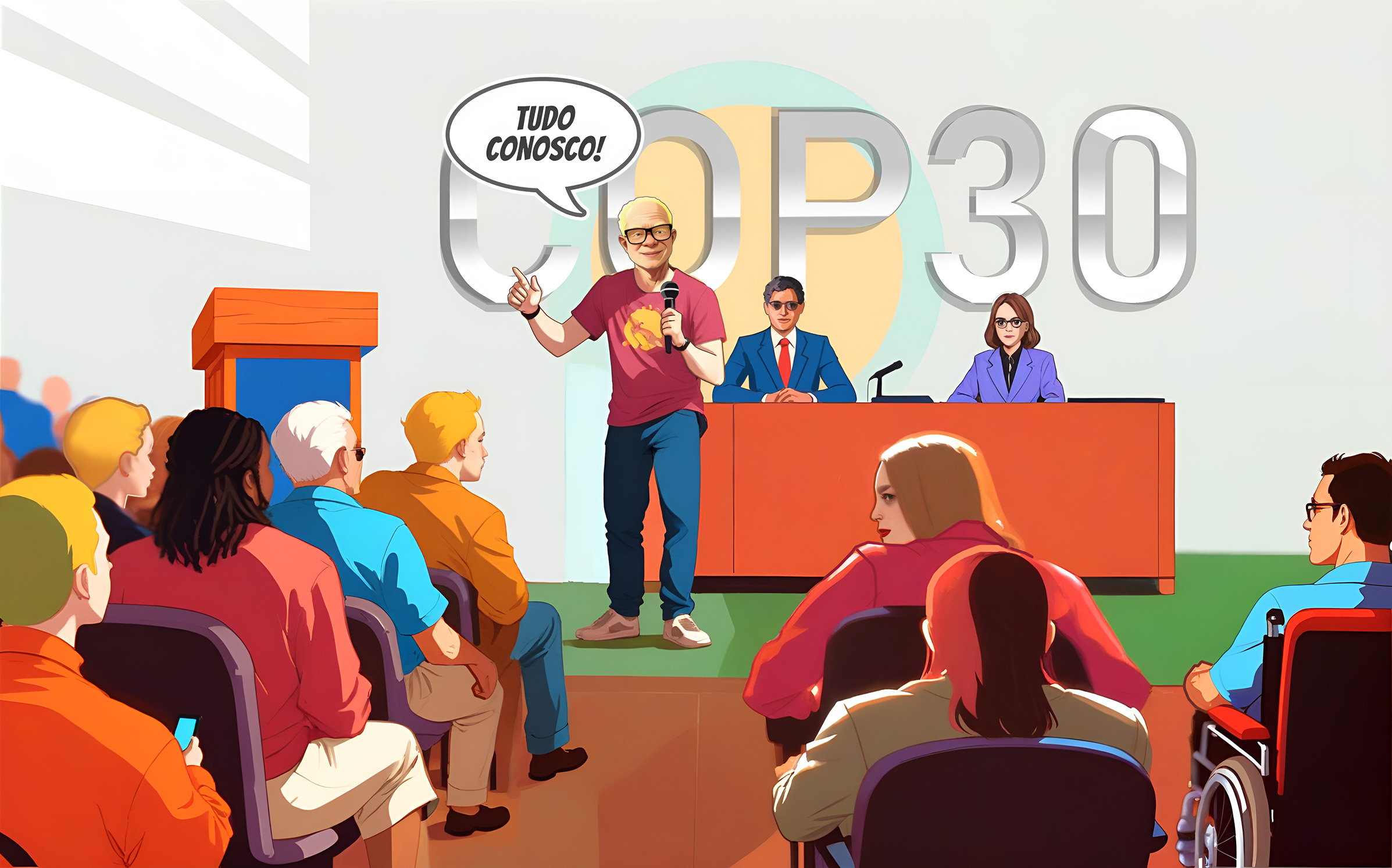

In the face of rising exposure to UV rays and climate change, I stand firm in my resolve. I am Joselito, a person with albinism, and I will continue to advocate for my community. Together, we will shine a light on the issues we face, and with unity and determination, we will create a world where everyone, regardless of their condition, can thrive.
About Joselito Pereira da Luz
Joselito Pereira da Luz graduated with a Law degree from UNIFTC Salvador. He is a member of the Provisional Coordination of the Association of People with Albinism in Brazil – APALBA (in the Foundation phase); Articulator of the National Collective of People with Albinism (CNPA), member of the Supervisory Board of the Association of People with Albinism of Bahia (APALBA), member of the State Health Council of Bahia. He is also a member of the Research Ethics Committee (CEP) of the Institute of Health Sciences at the Federal University of Bahia.